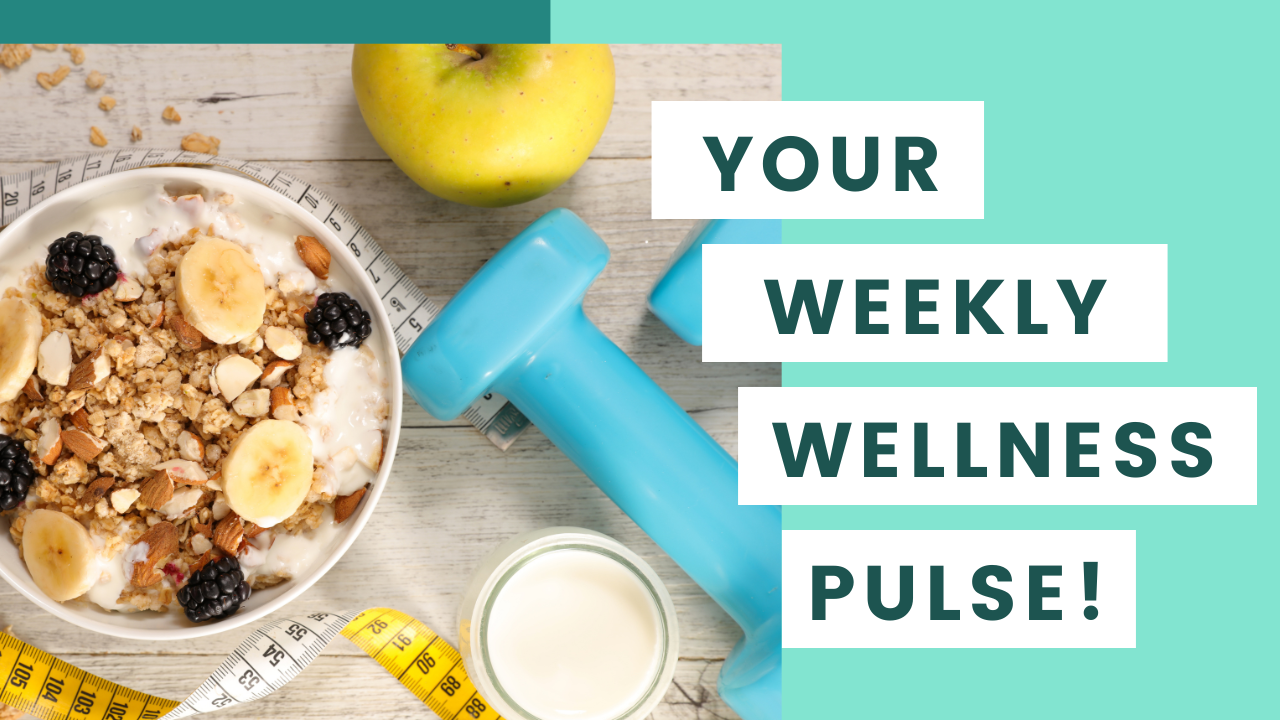The 411 on Protein Powders
Feb 12, 2025
I think most of us have gotten pretty good about using refillable water bottles these days. The other day, I left the house without mine and had to stop at the convenience store to grab a bottle of water. I was happy to see that protein shakes are readily available as grab-and-go drinks, right alongside sodas and sugary drinks. And while there are a lot of ready-to-drink options out there, how do "people on the go" know which one to choose? Which protein shake is best for you depends on your protein needs and preferences. The protein in powders and shakes is either animal-based or plant-based.
Whey protein, which comes from cow's milk, is one of the most common types. Its fat and protein levels vary depending on the type of whey. It’s known for its complete amino acid profile, meaning it provides all nine essential amino acids crucial for muscle retention, growth, and repair. Along with this, whey protein is highly digestible, allowing for quick absorption by the body. If you're on a weight-loss journey, choose a whey-based shake that's higher in protein, has fewer carbohydrates, and only a little bit of fat.
Some overall great whey protein powders include:
- Nutricost Whey Protein Concentrate
- True Nutrition Whey Protein Isolate
- Sports Research Whey Isolate
- Naked Whey
Plant-based protein, on the other hand, may not always offer a complete amino acid profile. However, as some manufacturers do, you can create a complete amino acid profile similar to whey protein by combining different plant-based protein sources, such as pea and rice protein. Plant-based protein is also rich in fiber, vitamins, minerals, and antioxidants, offering additional health benefits beyond just protein content. Plant-based proteins, like pea, soy, hemp, and rice, tend to have more fiber and less fat than animal-based protein powders. These are good if you're trying to build muscle or increase your protein intake. Plus, plant-based protein tends to be easier on the digestive system and less likely to cause allergies. It's naturally lactose-free and suitable for individuals with dairy sensitivities or allergies. Plant-based protein powders are also free from common allergens like gluten, making them a versatile option for those with dietary restrictions.
Some of my favorite plant-based options are:
When researching protein powders, you should consider other ingredients such as added sugars and sodium content. Many brands may seem like good options, but they are high in one or both. Compare the nutrition labels and choose the one with the lowest amounts.
Either way you go—whey or plant-based, ready-to-drink shakes or powders you mix yourself—protein is nutritious, delicious, filling, and convenient. So choose what's best for you and shake it up!
Download the guide below to help you determine which protein powder will best help you meet your personal health and fitness goals.
Xx,
Andrea
Stay connected with news and updates!
Join our mailing list to receive the latest news and resources.
Don't worry, your information will not be shared.
We hate SPAM. We will never sell your information, for any reason.

